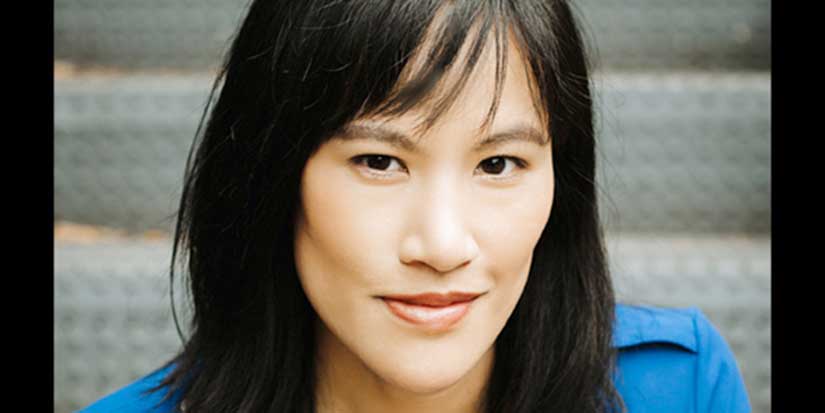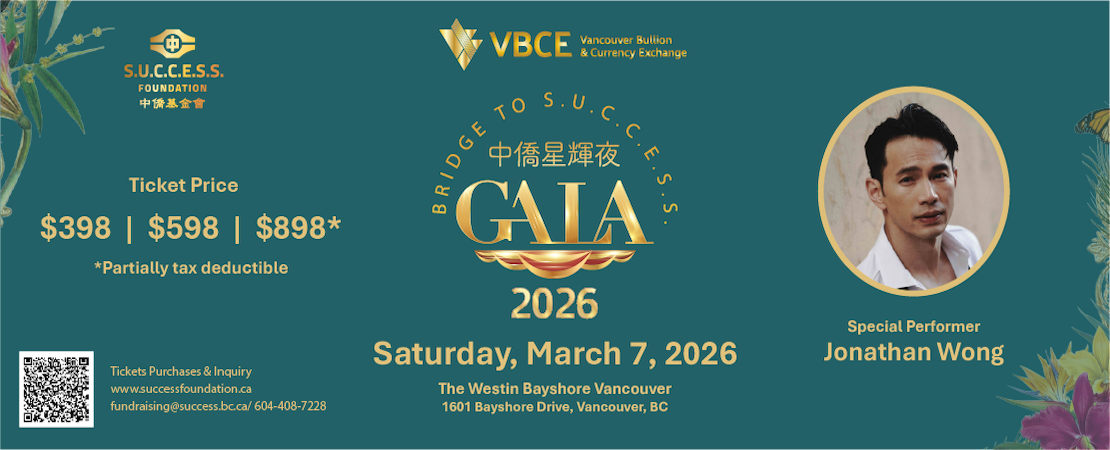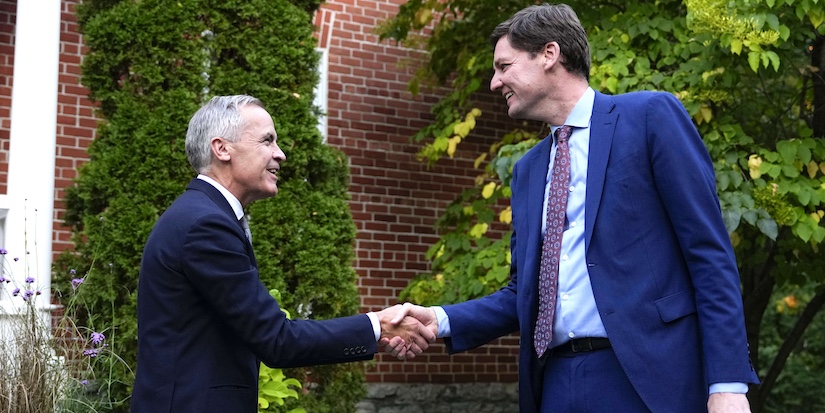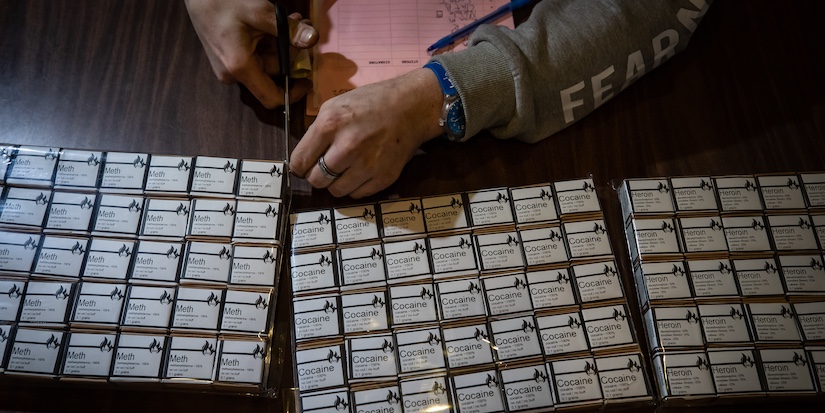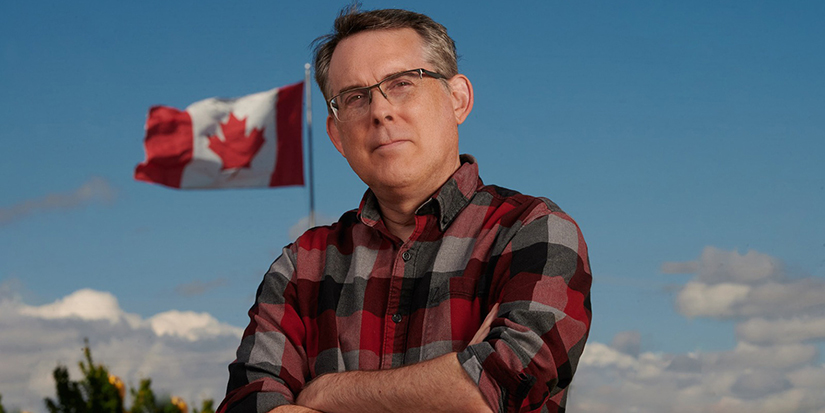Arts & Culture
Richmond-born actor had gradual industry beginning

By Hannah Scott, Local Journalism Initiative reporter
Published 12:58 PST, Wed March 3, 2021
Last Updated: 2:13 PDT, Wed May 12, 2021
—
Some actors say they always knew a career in performing was in the cards. But not Donna Soares.
“I wasn’t one of those kids who wanted to be on stage,” the Richmond-raised actor says. “I came about it in a little bit of a roundabout way.”
Soares was involved in performance in other ways as a youngster, including band and choir. She attended Palmer and Steveston secondary schools, but didn’t get started on stage until the end of high school when she started acting in the yearly show. She also got involved in community theatre as a teenager, borrowing her dad’s car to go act in shows in New Westminster and Burnaby.
“When I graduated high school and went to UBC, theatre didn’t seem like an option to me,” says Soares. “University was something I was always expected to do—I had to get a degree that would get a good job.”
Starting off as a French major, Soares also took some electives—including theatre. But by the end of her degree she was enjoying her theatre classes so much that she ended up with a double major in theatre and French. She went on to the three-year Studio 58 program—a professional theatre training program through Langara College—and says she appreciated receiving intensive theatre training when she was a bit older rather than straight out of high school.
“The great thing about Studio 58 is they’re so connected to the community and the professional theatre practitioners that basically once you get out of there, you already start to have your network of people,” says Soares. “They bring in directors who are working in the field right now, who are the artistic directors of companies. By the time I was graduating I had my first booking.”
Soares began working with professional actors and directors, which helped her get started in the industry. Over the years, she’s gained an appreciation for the challenge and craft of acting, and its intricacy.
“For me I think I had some directors, people like Maiko (Yamamoto, the co-founder and artistic director of Theatre Replacement) who took an interesting me as a person and an artist, and helped develop me as an artist,” she says.
“She and Theatre Replacement have sort of been a part of my career, and I find there are other people in the industry who have helped carry me along. For me it wasn’t that hard to break into it, but certainly it’s not that there’s always opportunity. There have been times that I’ve wanted to quit because there’s nothing happening. It’s not an upward trajectory, it’s certainly up and down.”
During the pandemic, like many industries, theatre has experienced a low point. Soares says it was frightening at first because it was unclear when shows would return, but once companies were able to produce shows—with necessary changes in place—things came back “pretty roaring.” Still, Soares and most of the other performers she knows have to have a second job because they can’t survive on theatre alone. Those jobs also tend to involve working with the public; for example, Soares works at several of the Richmond community centres.
Of all the shows she’s worked on over the years, Soares says a three-person play called Cock stands out. The show had no props, which was challenging. And she had to speak with an English accent, which was “not something in my arsenal.”
“People weren’t hiring people who looked like me for those kinds of roles prior to that,” says Soares. “I think the industry is certainly shifting.”
During the pandemic, with most shows cancelled, Soares says she has been trying to read more. She also taught herself Korean, went for walks, and did yoga to try to stay grounded.
She says a career goal is having a recurring role on a TV show, with enough time on set to learn how all the roles interact. In her previous film and TV work, she’s gone in for single days which doesn’t allow for the same amount of interaction. And the format is also different from stage theatre in terms of how it’s made—scenes are shot out of order, and filmed much faster than a typical stage rehearsal process.
Working on shows during the pandemic has been another change, with no live audiences and actors spaced apart according to pandemic protocols. Soares was a part of this year’s East Van Panto, an annual Theatre Replacement tradition performed at the Cultch. In contrast to some virtual shows, she calls this production “a celebration of the coming together.”
“We actually do get to be in a room together. We’re six feet away from each other and we’re masked, we can’t hug, we can’t touch each other, we can’t necessarily see each other’s smiles—but we are in a room together, and I think that has been really healing. It’s a hope for the future, that our bubbles can get bigger and we’ll be able to come together again.”
That feeling of working together, finding camaraderie and becoming a theatre ‘family’ is something Soares initially enjoyed about acting, back in high school.
“What was really sad about it, but I appreciate now, is that that just kind of disappears. It’s so ephemeral—you create this family and it goes away,” she says. “Now, as a professional actor, you might not work with that exact group of people, but you’ll work with that director, that other actor or that designer again. So you still keep the connections even though the (initial experience) goes away.”
